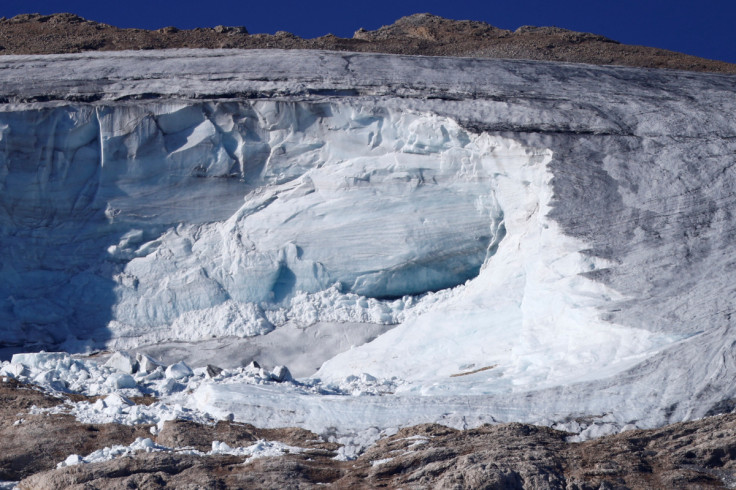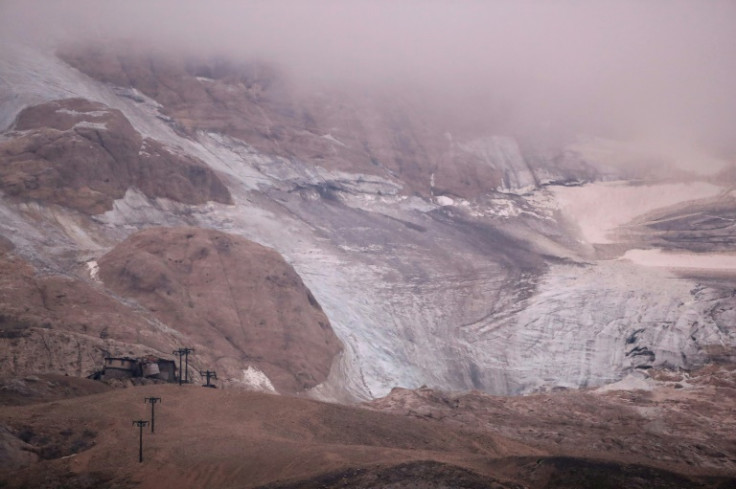Dennis Bell Antarctica Mystery Solved: Remains Found After 66 Years on Glacier - Who Is He And What Was He Doing There?
Over 200 personal items were recovered alongside the remains, with DNA confirming his identity

The remains of British meteorologist Dennis 'Tink' Bell, who disappeared in Antarctica in 1959, have been discovered on a receding glacier more than six decades later. The find was made by a Polish research team after melting ice revealed bones and personal effects, bringing closure to a mystery that has endured for generations.
Bell, aged 25 at the time of his disappearance, was working for the Falkland Islands Dependencies Survey (FIDS), the forerunner of the British Antarctic Survey (BAS), when he vanished while on field duty at King George Island. Despite extensive searches in the aftermath, no trace of him was ever found – until now.
Who Was Dennis 'Tink' Bell and What Happened to Him?
In the harsh Antarctic winter of 1959, Bell was conducting geological survey work when he fell through a crevasse while urging sled dogs forward. His colleague, Jeff Stokes, attempted to rescue him, but Bell had tied the rope to his belt instead of securing it around his body. When the rope snapped, he fell further into the crevasse and disappeared from sight. Search operations were carried out, but the extreme conditions meant recovery was impossible, according to the British Antarctic Survey.
Discovery Amid Climate Change and Glacial Retreat
In January 2025, researchers from the Henryk Arctowski Polish Antarctic Station found human remains among loose rocks exposed by the retreating Ecology Glacier. Alongside the bones were more than 200 personal items, including ski poles, a radio, a Swedish Mora knife, an inscribed wristwatch and an ebonite pipe stem. These artefacts offered a glimpse into Bell's life and work on the ice.
DNA analysis carried out at King's College London confirmed the remains were Bell's. The results showed that it was over a billion times more likely than not that the remains were related to samples provided by Bell's brother David and sister Valerie.
The remains were transported aboard the BAS vessel Sir David Attenborough, then flown to London under the care of His Majesty's Coroner for the British Antarctic Territory. The Royal Air Force provided logistical support for the operation.

Closure for the Family and Recognition of a Legacy
David Bell, now 86 and living in Australia, described the discovery as both shocking and remarkable. 'He's come home,' he said to the BAS team, reflecting on the decades his family spent without answers. He added that their mother had never recovered from the loss of her son.
Professor Dame Jane Francis, director of BAS, called the find 'both a poignant and profound moment' for the polar science community. She praised Bell's contribution to early Antarctic exploration, highlighting the dedication and risks involved in such work.
In recognition of his service, a location on King George Island was named Bell Point in 1960. This remains a lasting tribute to his role in British Antarctic history.
The discovery of Bell's remains after 66 years closes a chapter in the history of British polar research. Found as a result of climate-driven glacial retreat, his story serves as a reminder of the dangers faced by early explorers and the lasting human connections to the continent. Bell's name now lives on both in the maps of Antarctica and in the memories of those who followed in his footsteps.
© Copyright IBTimes 2025. All rights reserved.





















